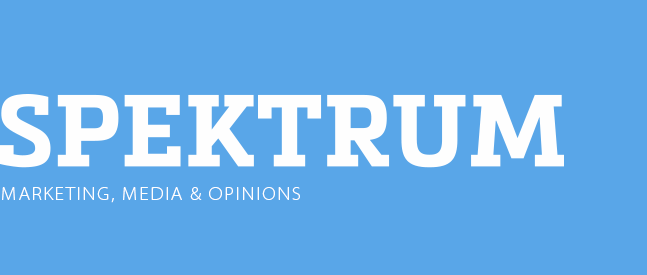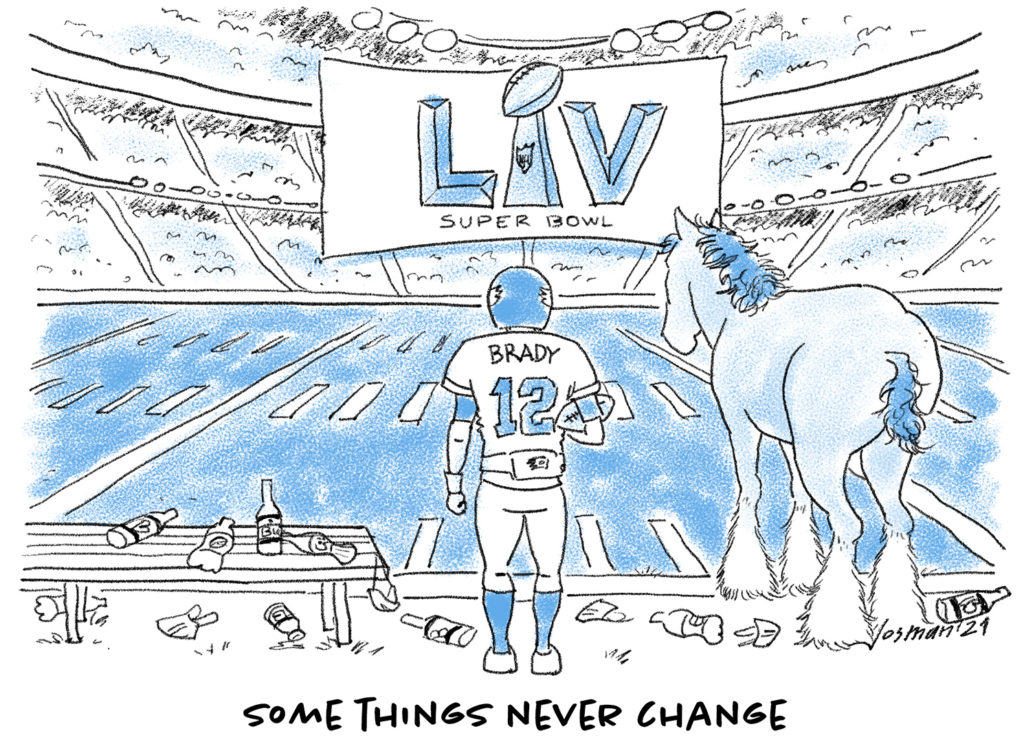
As the pandemic continues to wreak havoc for sporting events, Anheuser-Busch announced last week that it will not be advertising Budweiser during the Super Bowl.

For the first time since 1983, Budweiser, the world’s most valued beer brand, and its Clydesdale horses will not be gracing our TV screens during the big game. They join a list that includes other regular Super Bowl advertisers like Coke, Pepsi and Audi.
For decades, these major brands have shone bright during the annual spectacle of the National Football League championship game, spending heavily to create memorable productions. The prestige factor that comes with advertising during the Super Bowl has always been as much of an incentive as the buzz they have created.
The Super Bowl is probably the only time of the year when viewers eagerly look forward to watching the commercials as much as the game.
The ongoing pandemic has however created a major creative dilemma for advertisers and is the likely reason for their pull back this year. Given the risk of either upsetting audiences during the year’s biggest televised happening or putting out a commercial that’s so bland it gets overlooked, has apparently left many to head for the exists instead of risking negative public reaction.
This year is proving challenging to figure out what kind of ad to create and get the same attention that they are used to getting for simply being part of the Super Bowl. Come out with a commercial that’s too edgy and you risk offending audiences that will be a lot more critical due to the uncertainty of our unprecedented times when nerves are already frayed. On the other hand, audiences have gotten tired of the typical pandemic ads where brands tell the public we’re in unprecedented times and that they’re looking out for us.
For companies impacted by the pandemic, a Super Bowl ad would also send the wrong message. The restaurant industry lost over $240 billion in sales due to shutdowns driven by the pandemic. The Coca-Cola Company announced that it would cut thousands of jobs after a huge sales drop last summer. Buying ad time at $5.6 million for a 30-second Super Bowl slot would not fit in well with this narrative.
Nevertheless, the decision not to advertise Budweiser is even more notable because they have been the most prominent Super Bowl advertiser for decades. Anheuser-Busch accounted for roughly 10 per cent of total advertising revenues in each of the previous five Super Bowls, contributing a whopping $42 million of last year’s total of $449 million.
With other mainstay brands also opting out this year, the door opens for other companies to make their mark.
Step in Samuel Adams to save the Clydesdale horses. In their Super Bowl commercial, the Boston Beer Company spoofs Budweiser by featuring horses similar to Budweiser’s Clydesdales. The ad shows a Bostonian setting free a group of harnessed Clydesdales, which then wreak havoc across town. The ad promotes Samuel Adams’s Wicked Hazy IPA, and serves as a playful jab at the St. Louis-native beer brand for its long obsession with Clydesdale horses.
CBS has reportedly sold out its commercial time for Sunday’s game and Super Bowl LV, pitting the Tampa Bay Buccaneers against the Kansas City Chiefs, will have a full roster of ads. Will these commercials lead to the intrigue and buzz Super Bowl ads generally generate? Stay tuned.
Either way, it’s a comfort to know that Tom Brady and the Clydesdale will be back in the Super Bowl this year, and hopefully take us out of our pandemic life for just a little while on Sunday.